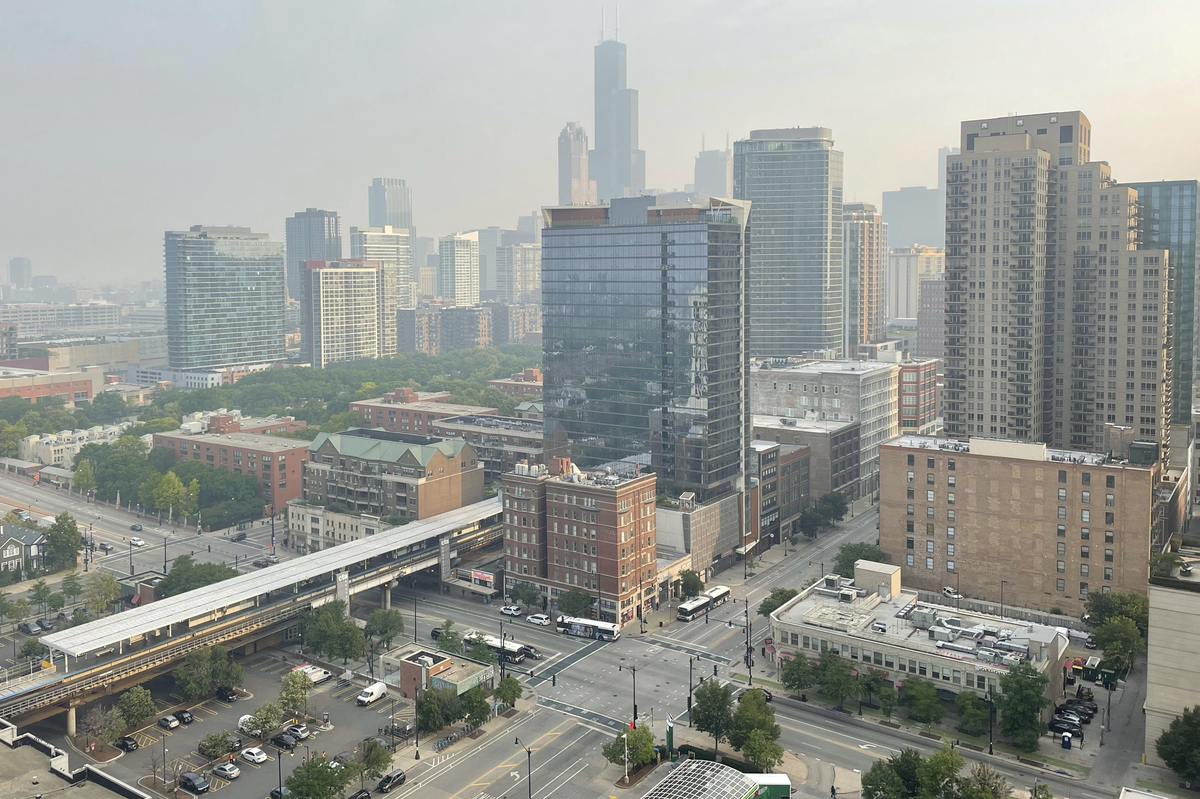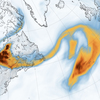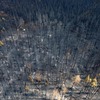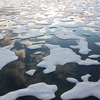Haze from Canadian wildfires blankets the Chicago skyline as seen from the city’s South Loop neighborhood on Wednesday.
Kathleen Foody/AP
hide caption
toggle caption
Kathleen Foody/AP


Haze from Canadian wildfires blankets the Chicago skyline as seen from the city’s South Loop neighborhood on Wednesday.
Kathleen Foody/AP
Smoke from wildfires in Canada is again blanketing parts of the U.S. with a thick haze that’s reducing visibility and prompting air quality warnings in several states.
States across the Midwest are bearing the brunt of the wildfire smoke, which for a short time on Tuesday caused Chicago to have among the worst air quality in the world.
Other cities — including Detroit, Milwaukee and Pittsburgh — were also facing “very unhealthy” air quality levels.
The National Weather Service said the poor air quality caused by wildfire smoke could persist for a couple of days, though forecast specifics may change.
Air quality across a wide swath of the Midwest is Unhealthy/Very Unhealthy today due to smoke from wildfires in Canada filtering south. Though forecast specifics will change, similar conditions are expected the next couple of days. Visit https://t.co/CVx9g8Hm1q for the latest. pic.twitter.com/9gyTzebDZ1
— National Weather Service (@NWS) June 27, 2023
Parts of the Mississippi Valley, the Great Lakes, the Western Ohio Valley, the Central Appalachians and the Mid-Atlantic were affected, the NWS said.
When the air quality plummets, experts recommend that people stay indoors as much as possible (and keep pets inside except for quick bathroom breaks), wear an N95 or similar respirator outside and limit strenuous activity.
Studies have shown that wildfires in the U.S. are growing in frequency, length and size due in part to climate change, and the United Nations says a similar trend is occurring across the globe.
Canada has been having a particularly brutal wildfire season this year, with out-of-control blazes popping up across the country, straining the country’s firefighting resources and sending smoke across its southern border with the U.S.
Canada currently has around 480 active fires, and officials reported Monday that the country had already broken the record for the most destructive fire season in history.
Smoke from the powerful fires even reached as far as Europe this week, with a grayish haze affecting parts of Portugal, Spain and France. It wasn’t expected to have the same impact on human health as it has in the U.S.
Millions of people along the East Coast were under air quality warnings earlier this month, when smoke from the Canadian wildfires floated over cities such as Washington, D.C., Baltimore and Philadelphia.
This story originally appeared on NPR





